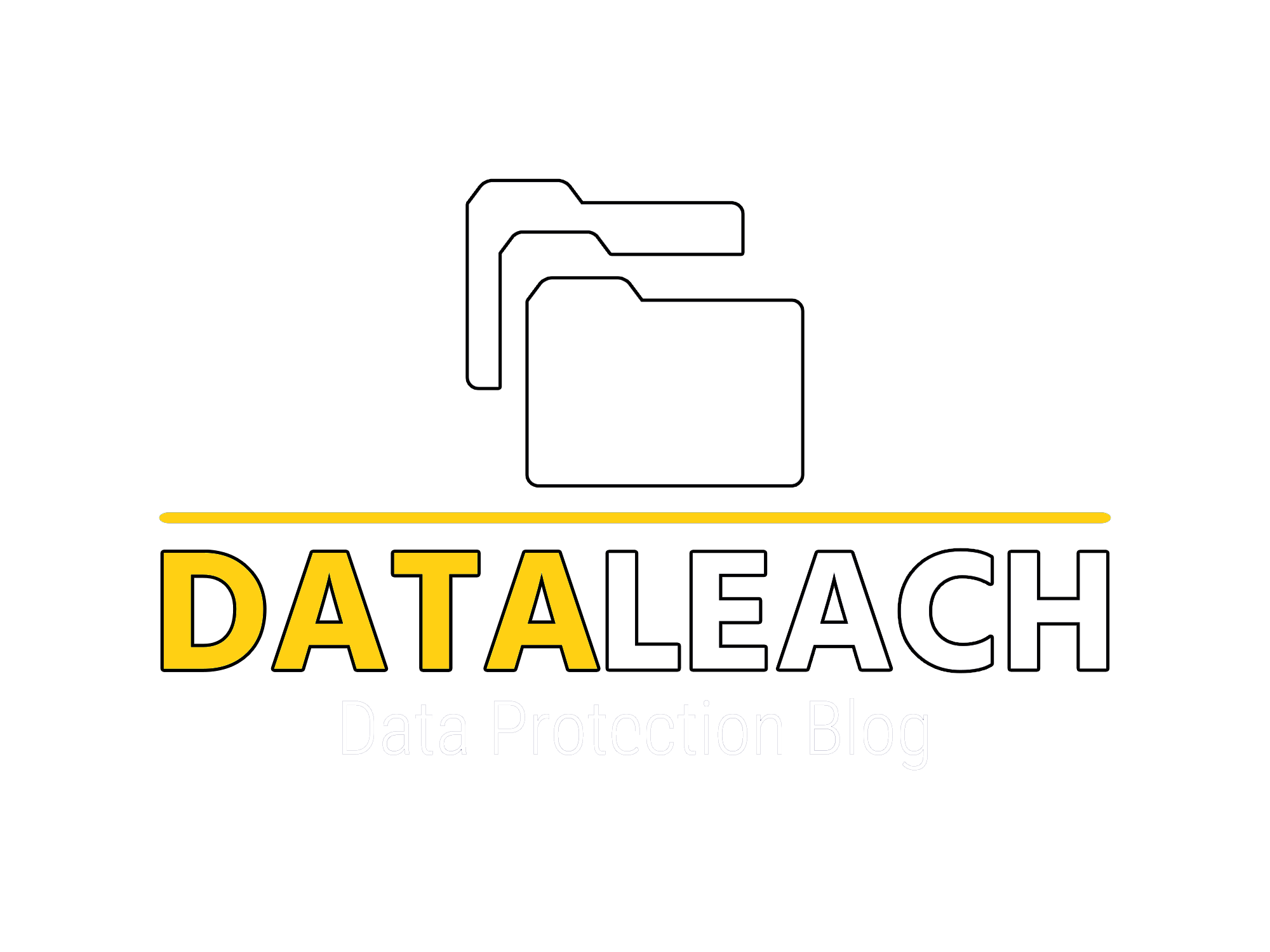Ransomware attacks pose a significant threat in the cybersecurity landscape, encrypting data and demanding ransom payments. However, there are several powerful decryption tools available to help victims regain access to their files without paying the cybercriminals. In this article, we will explore some of the leading free ransomware decryption tools, their features, and how to use them effectively.
Emsisoft Decrypter
Emsisoft offers a comprehensive collection of decryptor tools designed to assist ransomware victims in recovering their encrypted files. Key features of Emsisoft Decrypter include:
- Variety of Decryptor Tools: Emsisoft provides a wide range of decryptor tools tailored to combat specific ransomware strains like GalactiCrypter, GetCrypt, Globe, and many others.
- Encryption Algorithms: Emsisoft Decrypter can handle various encryption algorithms used by ransomware, including AES-256, Salsa20, RSA-4096, Blowfish, and RC4.
- File Recovery Mechanism: Pair of Files: For certain types of ransomware, such as Globe and Globe2, Emsisoft decryptors require a pair of files containing both the encrypted file and its unencrypted original version to determine the decryption key, which can then be used to decrypt other files.
- Ease of Use: Emsisoft provides detailed usage guides to help users navigate the decryption process.
- Cost: Emsisoft’s decryption tools are entirely free, offering a lifeline to victims who may already be grappling with financial losses.
Kaspersky Ransomware Decryptors
Kaspersky offers a range of decryptor tools to help users recover files encrypted by ransomware. Key features of Kaspersky’s tools include:
- Variety of Decryptor Tools: Kaspersky provides decryptors for specific ransomware strains such as Shade, Rakhni, Rannoh, CoinVault, Wildfire, and Xorist. These tools are regularly updated to handle new variations of ransomware.
- Encryption Algorithms: Kaspersky’s decryptors are adept at countering various encryption algorithms, including robust ones like RSA-4096. Some decryptors can even analyze and decrypt files when the encryption algorithm is unknown, using methods like known plaintext attacks.
- File Recovery Mechanism: Each decryptor comes with step-by-step guides on Kaspersky’s official website, making file recovery a user-friendly process.
- Cost: Kaspersky provides these decryption tools for free as part of their commitment to helping ransomware victims.
Kaspersky’s suite of ransomware decryptors offers a valuable resource for individuals and organizations affected by ransomware, allowing them to recover encrypted files without succumbing to cybercriminal demands.
Trend Micro Ransomware File Decryptor
Trend Micro offers a versatile Ransomware File Decryptor tool capable of decrypting files encrypted by various ransomware families. Key features include:
- Variety of Decryptor Tools: Trend Micro’s tool can decrypt files from a diverse range of ransomware families, making it a versatile solution for different ransomware strains.
- Encryption Algorithms: While specific encryption algorithms are not outlined, the tool’s ability to decrypt files from various ransomware families suggests it can counter multiple encryption algorithms.
- File Recovery Mechanism: The decryption process is straightforward, with instructions provided on how to use the tool for file recovery.
- Cost: The Trend Micro Ransomware File Decryptor is available for free download, offering an affordable solution for ransomware victims.
In addition to these tools, several other free ransomware decryption tools are available, such as AVG Ransomware Decryption Tools, Quick Heal Ransomware Decryption Tool, McAfee Ransomware Recover (Mr2), Avast Ransomware Decryption Tools, and the No More Ransom Project, which offers a collaborative platform with access to multiple decryption tools and resources.
These free decryption tools provide a lifeline to ransomware victims, enabling them to regain access to their files and thwart cybercriminals without paying ransom. With a variety of options available, users can choose the tool that best suits their specific ransomware situation. Remember that regular backups and robust cybersecurity practices are also essential to prevent future ransomware attacks.

